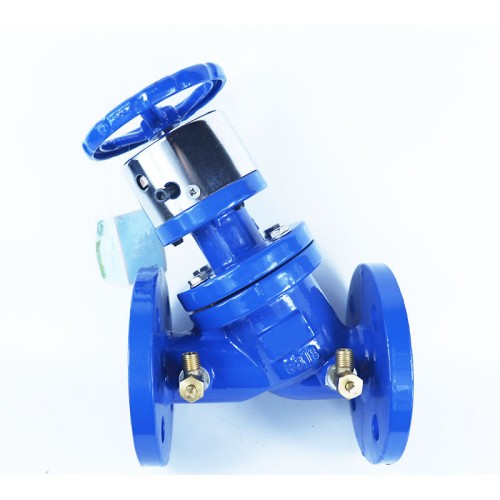motorized ball valve
Understanding Motorized Ball Valves An Essential Component for Fluid Control
In the evolving landscape of industrial automation, the significance of efficient fluid control systems cannot be overstated. One of the key components that play a critical role in achieving this efficiency is the motorized ball valve. These devices combine the functionality of traditional ball valves with advanced electric motor technology, allowing for precise control over fluid flow in various applications.
What is a Motorized Ball Valve?
A motorized ball valve is a type of valve that utilizes an electric motor to operate the valve's opening and closing mechanism. At its core, a ball valve consists of a spherical disc, or ball, with a hole through its center. When the valve is open, the fluid flows through the hole, and when closed, the ball aligns with the valve seat, blocking any flow. The integration of an electric motor allows for remote operation, providing automated control that is both versatile and reliable.
Key Features and Advantages
One of the most notable advantages of motorized ball valves is their ability to offer precise control over fluid flow. With the help of a control system, these valves can be operated with high accuracy, ensuring that the flow rate can be adjusted as needed. This capability is particularly beneficial in industries such as HVAC, water treatment, and chemical processing, where precise flow regulation is crucial.
Another essential aspect of motorized ball valves is their ability to integrate seamlessly with existing automation systems
. Many of these valves come equipped with standard communication protocols, allowing them to be part of a larger control loop, whether it’s a building management system or a distributed control system in a manufacturing environment. This connectivity enhances operational efficiency and enables real-time monitoring.Moreover, motorized ball valves are designed for durability and long service life. Typically constructed from robust materials such as stainless steel, brass, or PVC, they are capable of withstanding harsh environments and corrosive fluids. This resilience reduces maintenance requirements and downtime, contributing to overall operational efficiency.
Applications of Motorized Ball Valves
motorized ball valve

Motorized ball valves are widely used across various sectors due to their versatility. In the HVAC industry, they regulate the flow of heating and cooling fluids in systems, ensuring optimal temperature control. In water treatment, they facilitate the management of water flow in treatment plants, helping to maintain proper chemical dosing and flow rates.
In the oil and gas industry, these valves are employed in upstream and downstream processes, controlling the flow of crude oil, natural gas, and refined products. Their ability to operate effectively in extreme conditions makes them ideal for these applications.
Additionally, motorized ball valves are utilized in food and beverage processing, where hygiene and safety are paramount. They help manage the flow of ingredients and water while ensuring compliance with sanitary standards.
Considerations When Choosing a Motorized Ball Valve
When selecting a motorized ball valve, it is essential to consider several factors to ensure it meets the specific needs of the application. First, the valve’s size and flow capacity must match the system requirements. Engineers must also examine the valve’s pressure ratings, which determine how well it can withstand the pressures within the system.
The type of actuator is another critical consideration. Different actuators offer varying levels of speed and torque, making it essential to choose one that aligns with the operational demands. Additionally, consider the control options available; some setups require on/off control, while others may benefit from modulating control.
Finally, the environmental conditions where the valve will be used matter significantly. Valves exposed to harsh chemicals or extreme temperatures will require specific materials and designs to ensure longevity and reliability.
Conclusion
Motorized ball valves represent a significant advancement in fluid control technology, offering precise control, increased automation, and durability. As industries continue to modernize and embrace automation, the importance of these valves will only grow. Their versatile applications across sectors such as HVAC, water treatment, oil and gas, and food processing highlight their integral role in maintaining efficiency and reliability in fluid management systems. Investing in quality motorized ball valves is undoubtedly a step toward achieving operational excellence in today’s competitive landscape.
-
Breakthrough in Domestic Low Temperature Valve Technology in ChinaNewsAug.18,2025
-
From Machinery to Intelligent Brain: The Digital Transformation Wave of the Valve IndustryNewsAug.18,2025
-
PCVEXPO 2025NewsAug.18,2025
-
The Key to Fluid Control: Exploring the Advantages of Ball Valves in Industrial SystemsNewsJul.09,2025
-
The Versatile World of 1, 2, and 3 Piece Ball ValvesNewsJul.09,2025
-
Stainless Steel Ball Valves: The Ideal Choice for Efficient Flow ControlNewsJul.09,2025
-
Optimizing Fluid Control with Ball Float ValvesNewsJul.09,2025




